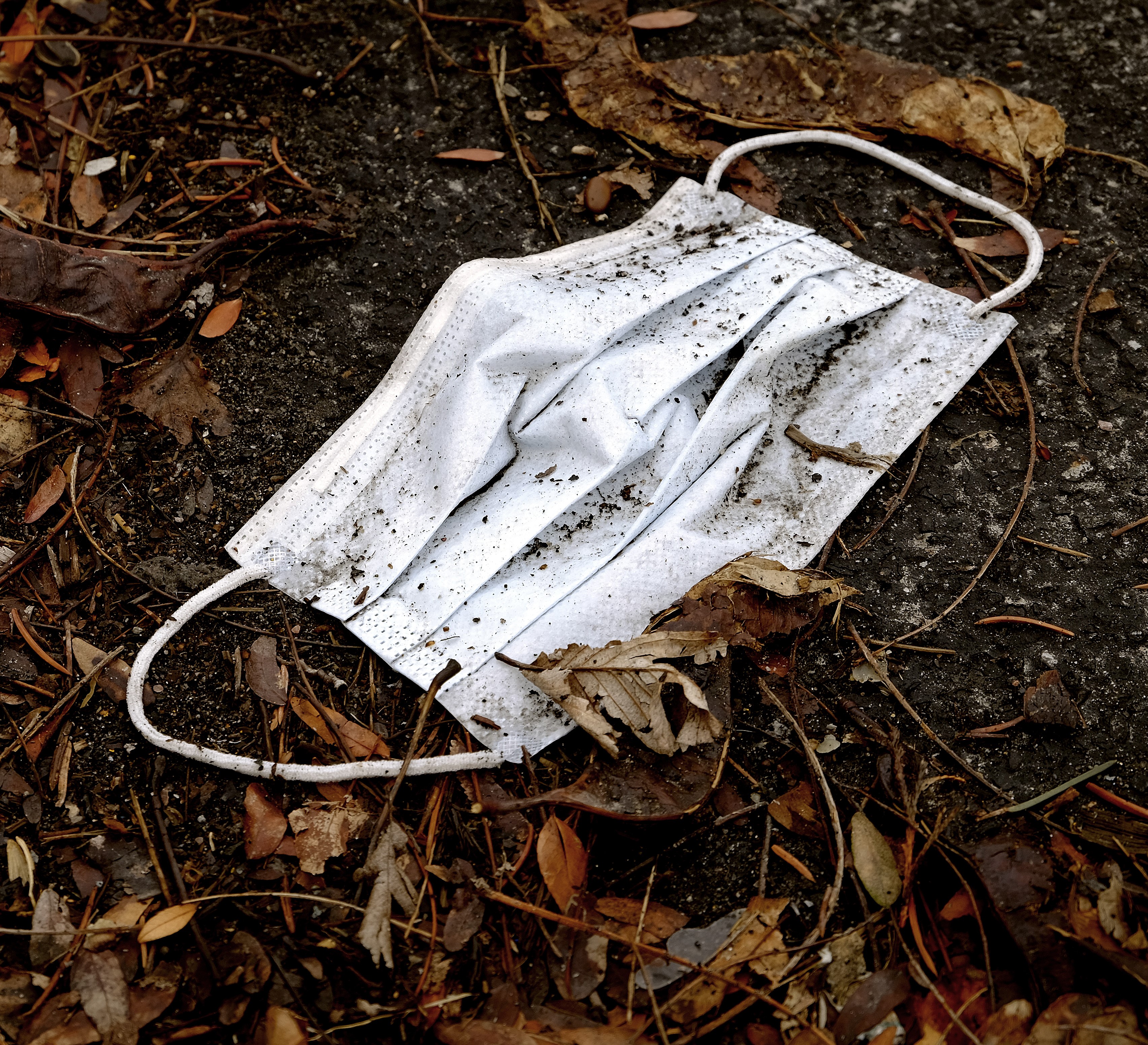
WILL COVID-19 BECOME THE 21ST CENTURY’S FORGOTTEN PANDEMIC?
Esyllt Jones, Ian Milligan, and Shelley Sweeney | October 06, 2020
Almost as soon as COVID-19 grabbed hold of our consciousness last spring, people began turning to historical disease outbreaks to help us make sense of our current experiences. Past epidemics have become indispensable reference points. Historians have been called on to describe the social responses to infectious disease such as cholera, smallpox, polio and, in particular, the global influenza pandemic of 1918-1920. Historical research can help us think through specific policy issues, such as school closures or workforce changes. But history also brings us something less tangible but equally valuable: insights into the experiences of everyday people.
COVID feels disorienting and unprecedented. Understanding how regular people lived through earlier epidemics offers insights into our shared vulnerabilities and the roots of social conflict, and an appreciation of human resilience.
The end of COVID is not yet in sight, but it is not too soon to ask, what will we pass on to those who did not live through this pandemic as we did? How will we pass on insights from this experience? We need coordinated action to capture the Canadian COVID-19 Pandemic experience for history.
We are relatively unconcerned about preserving the record of how medical and political elites responded to COVID-19, because these things — the policy decisions, macro-economic changes, and the twists and turns in the pursuit of a virus — are certain to be well-documented for history.
However, everyday lived experience has to be intentionally preserved if it is to be there for the future. If we are not careful, the history of COVID-19 will be shaped by the very same social inequities now hampering society’s ability to fight the disease. It is essential that we act now to preserve the way most people are actually experiencing this pandemic daily, and ensure that the voices of the poor, racialized, and least powerful are heard.
In fact, this is one of the key lessons we can learn from the 1918-1920 influenza pandemic. For decades it was called the “forgotten pandemic” by historians. Yet the painful and far-reaching effects of influenza were not forgotten by families and communities — far from it.
The pandemic was “forgotten” by the official record, in part because it lacked the elite individual heroes that historical narratives long relied on. It has taken painstaking historical research to uncover many of the human experiences that were elided in the historical literature — and even still, the difficulty of finding evidence has left us with many unanswered questions. We have an opportunity now to do better with our record of the COVID pandemic.
Today there is an explosion of records being produced in real time, by every level of government, the mass media, public-health officials, university researchers, and – perhaps most importantly – members of the public. The emerging record spans everything from weighty policy documents to interactive maps to plaintive songs to memes of the struggle to get to the grocery store.
Many of us have seen firsthand the importance of digital media during the pandemic. The daily case counts being discussed on Twitter, debates around mask mandates, evenings spent “doomscrolling” through a cacophony of tragedies, jokes, stories, and other things that make up our digital world online.
Imagine future historians trying to interpret this pandemic without access to Twitter feeds? Facebook discussions? Without the text messages sent by governments, reminding us to stay home? Finding and preserving these diverse digital documents, however difficult, is essential.
Collections are being made today, but presently by uncoordinated groups of organizations and interested individuals. Our librarians and archivists are doing remarkable work, but they need help. They are struggling to get the most basic work done, mostly from remote settings with reduced staff numbers, without the resources or time to effectively collect these records.
Unless this changes, only a very small percentage all of the rich records Canadians are generating will be captured, and of those collected today even fewer will survive into the future.
Public archives and depositories, from small rural communities to inner cities, should receive greater support in the form of funding and policy guidance from governments and research institutions. Academic funding bodies, research councils, and university research offices must act now to prevent the automatic destruction of primary research data, such as the many interviews currently underway.
One potentially easy start could be reassessing the bias we have in our research ethics protocols towards the destruction of research data. How many of the critical COVID research projects happening today could inform our historical record tomorrow? The time is now for open and accessible scholarship, now and for the future, while respecting the privacy and consent of Canadians.
There will be more infectious disease outbreaks in our future. We need to be able to study and learn from this one. Taking the appropriate steps now to preserve the record of how people are thinking, feeling and talking about their experiences with this strange and terrifying moment would be a valuable legacy. Because remembering is a form of honouring.
This article initially appeared in the Globe and Mail on October 5, 2020.



